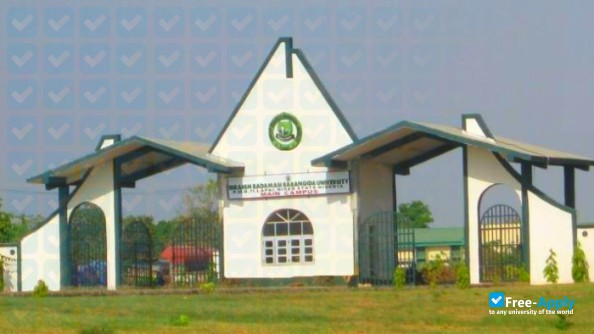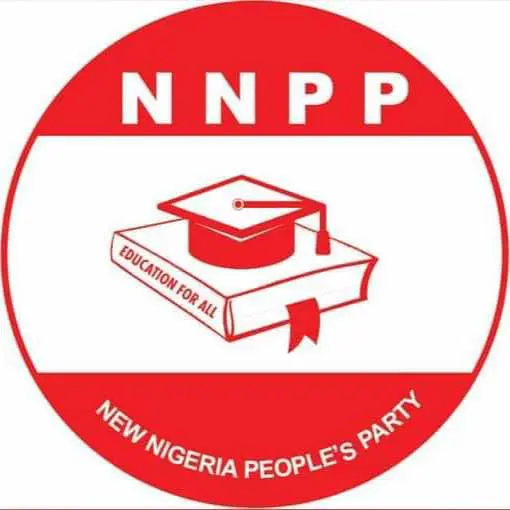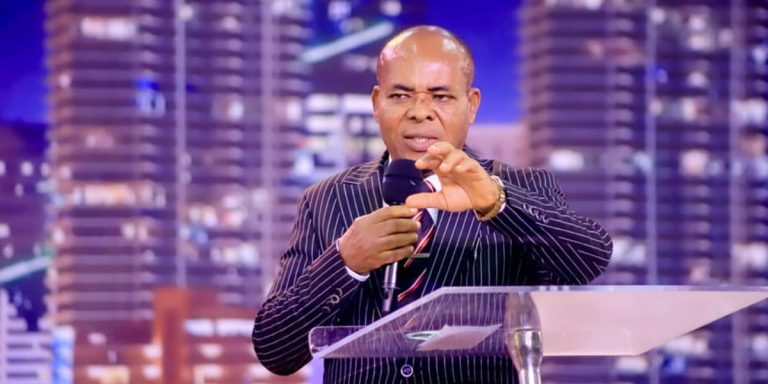President Bola Tinubu’s alleged order for the Independent National Electoral Commission’s National Chairman, Prof. Mahmood Yakubu, to proceed on compulsory leave has sparked controversy. Human rights lawyer Femi Falana, SAN, has weighed in on the matter, stating that the president lacks the constitutional power to make such a directive.
According to reports, the supposed order was made in response to Yakubu’s alleged last-minute betrayal of the ruling All Progressives Congress. The speculation gained traction after the electoral body cancelled its quarterly consultative meeting with political parties and a planned session with civil society organisations, which were scheduled to begin on Wednesday.
Falana clarified that the constitutional provisions governing the Independent National Electoral Commission protect its autonomy. Unlike other federal executive bodies, the commission’s powers to regulate its own procedure are not subject to presidential approval or control. This means that President Tinubu cannot lawfully order Yakubu to proceed on terminal leave, as the commission is designed to operate independently.
The development has significant implications for the electoral body’s schedule and operations. The cancellation of scheduled meetings has already caused uncertainty, and any further disruptions could impact the commission’s ability to perform its duties effectively. The issue highlights the importance of respecting the autonomy of independent institutions like the electoral commission, which play a crucial role in ensuring the integrity of the democratic process.
As the situation unfolds, it remains to be seen how the matter will be resolved. The constitutional provisions governing the relationship between the president and independent institutions like the electoral commission will likely be scrutinized closely. The outcome will have important implications for the balance of power and the rule of law in the country.



